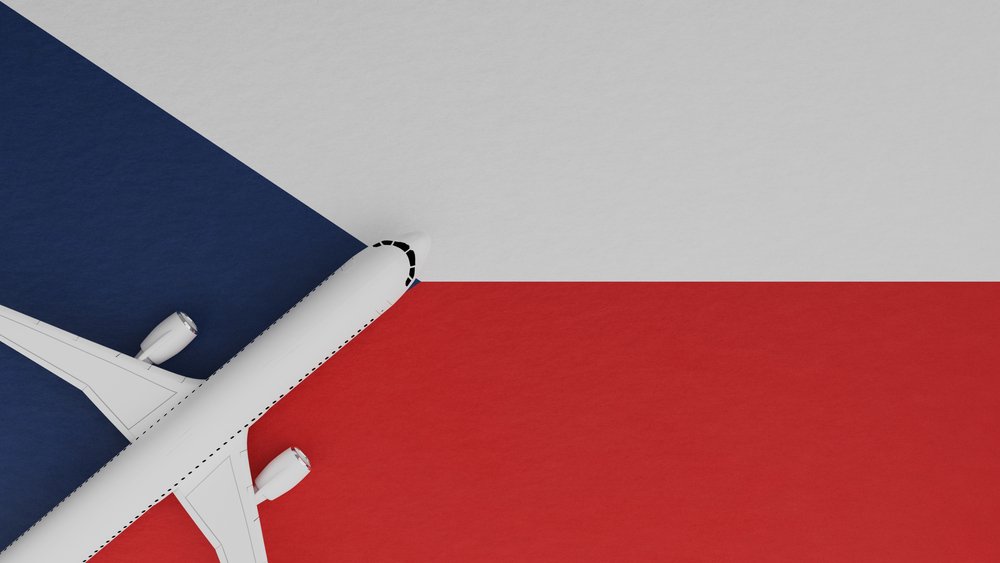
The spread of the Omicron variant has forced many countries in the world to update their travel and entry restrictions, and the Czech Republic has not been an exception.
From November 26th, 2021, the Ministry of the Interior does not allow entry to Czechia to people who have been in South Africa, Namibia, Lesotho, Eswatini, Zimbabwe, Botswana, Zambia, or Mozambique for more than 12 hours in the last two weeks. The only exceptions are Czech nationals and temporary residents authorized to stay in Czechia for more than three months.
But even those have to meet some requirements to return to Czechia:
- They must complete the Public Health Passenger Locator Form before departing.
- Take a PCR test within 72 hours before traveling.
- Book a new PCR test to take within 24 hours after arrival in Czechia.
- Stay in quarantine until they’re able to take a new COVID-19 diagnostic test (PCR) between day 10 and 14 after arrival.
- Wear a respirator mask with a filtration efficiency of 95% for two weeks after arrival.
Only international transport staff and children under 6 years old who do not go to kindergarten are exempt from these requirements.
As for the rest of the European Union and third countries, the Ministry of Health of the Czech Republic has recently elaborated a list of countries and areas with low, medium, and high risk of COVID-19 transmission. This division facilitates the implementation of new entry rules that are different for each category.
While people from all countries must complete the Passenger Locator Form, those coming from low and medium risk countries must take a COVID-19 diagnostic test (PCR/Antigen) upon arrival in the Czech Republic unless they’re fully vaccinated with a vaccine approved by the EMA (European Medicines Agency) and able to present an EU Digital COVID Certificate or equivalent.
People coming from countries with high risk and very high risk must take a PCR test up to 72 hours before arrival and another PCR test 5 to 7 days after arrival. Travelers must wear a respirator mask until then. Only fully vaccinated people are exempt from these requirements.
- From December 6th, 2021, these are the countries that the Czech authorities believe are “low risk”:
- Argentina
- Australia
- Bahrain
- Canada
- Chile
- Colombia
- Indonesia
- Kuwait
- Macau
- New Zealand
- Peru
- Qatar
- Rwanda
- Saudi Arabia
- South Korea
- Taiwan
- United Arab Emirates
- Uruguay
- Vatican City
- There are currently no countries with a medium risk of transmission.
- The list of high risk countries includes:
- Bulgaria
- Finland
- France
- Italy
- Malta
- Portugal (including the Azores and Madeira)
- Romania
- Spain (including the Balearic and Canary Islands)
- Sweden
- Very high risk countries are:
- Andorra
- Austria
- Belgium
- Croatia
- Cyprus
- Denmark
- Estonia
- Germany
- Greece
- Hungary
- Iceland
- Ireland
- Latvia
- Lichtenstein
- Lithuania
- Luxembourg
- Monaco
- The Netherlands
- Norway
- Poland
- San Marino
- Slovakia
- Slovenia
- Switzerland
All the countries that do not appear on the previous lists are considered to have a very high risk of COVID-19 transmission.